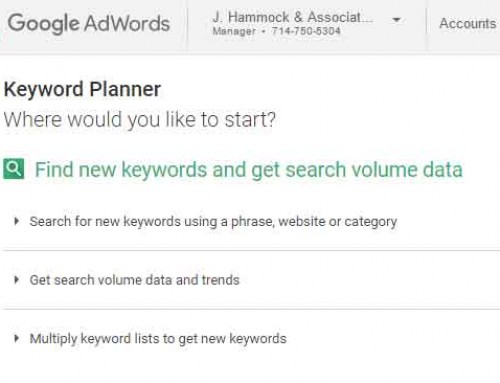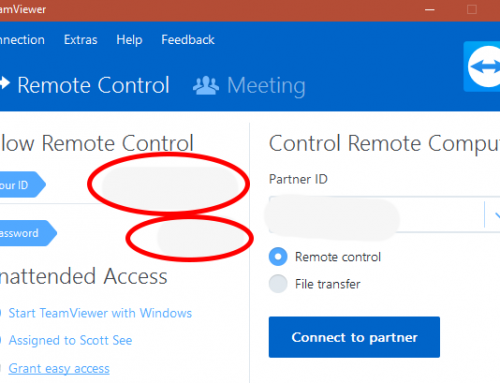 On-Page SEO
On-Page SEO
- Discuss SEO strategies with your webmaster BEFORE you build your website. This is extremely important!!!
- Learn the basics of SEO BEFORE you build your website. This is extremely important!!!
- Use the Google Keyword Planner to analyze what keywords (keyphrases) are searched for most.
- The Page Title (what appears on the browser Tab or Title Bar) should have your most important keywords for that page. Put keywords in the beginning of the Page Title.
- Include keywords in URL of your page.
- Use H1 tags for page heading. Google weighs headings more heavily. Put keywords in the front of your page headings. Use H2, H3, and so on to organize the rest of the page.
- Alt Tags should be keyword rich. Alt Tags are the text that a browser will read someone who is sight impaired.
- Text Links on your page should be keyword rich. Using graphics for linking makes it very difficult for Google to know whether the graphic ties together with the target. (See www.moschowder.com)
- Dedicate one page for each keyphrase that is important to you. (I use the word keywords and keyphrase interchangeably.)
- Repeat your keywords as you would in normal conversation, and use many close variations of those words. Use many words that are closely related to you keywords.
- Use lot of YouTube videos. And make sure the info you add to the Title, the Description, and the Tags are keyword rich. Put your website address at the beginning of the Description. A YouTube video is especially valuable.
- Content is King. If you’re not ranking well for a keyphrase, ask yourself if you’ve dedicated at least one page to this keyphrase and added lots of valuable content.
- RESPONSIVE, make sure your site responds to the size of the screen and therefore works well on mobile devices.
Off-Page SEO
 Get listed in relevant and important directories. Search for whatever you do, and see what directories rank well. Submit your business to those directories.
Get listed in relevant and important directories. Search for whatever you do, and see what directories rank well. Submit your business to those directories.- Send out press releases that are keyword rich and contain links back to your site.
- Resist spam. You will receive many offers to trade links, to get massive amounts of inbound links, three-way links, and other offers. First of all, if it’s spam, you should delete it no matter what. Second, there’s more risk of Google penalizing you for gaming the system than the potential benefit.
- Reciprocal links are far less valuable than unreciprocated inbound links. (Article on not buying links.)
- Links from unimportant sites are not valuable.
- Set up a Google Places page for your business.
- Promote reviews in Yelp, TripAdvisor, and any other review sites as appropriate. (Why you shouldn’t try to scam review sites.)
A more comprehensive checklist can be found at:
https://www.searchenginenews.com/se-news/content/the-2013-professional-seos-web-site-audit-checklist



Leave A Comment
You must be logged in to post a comment.